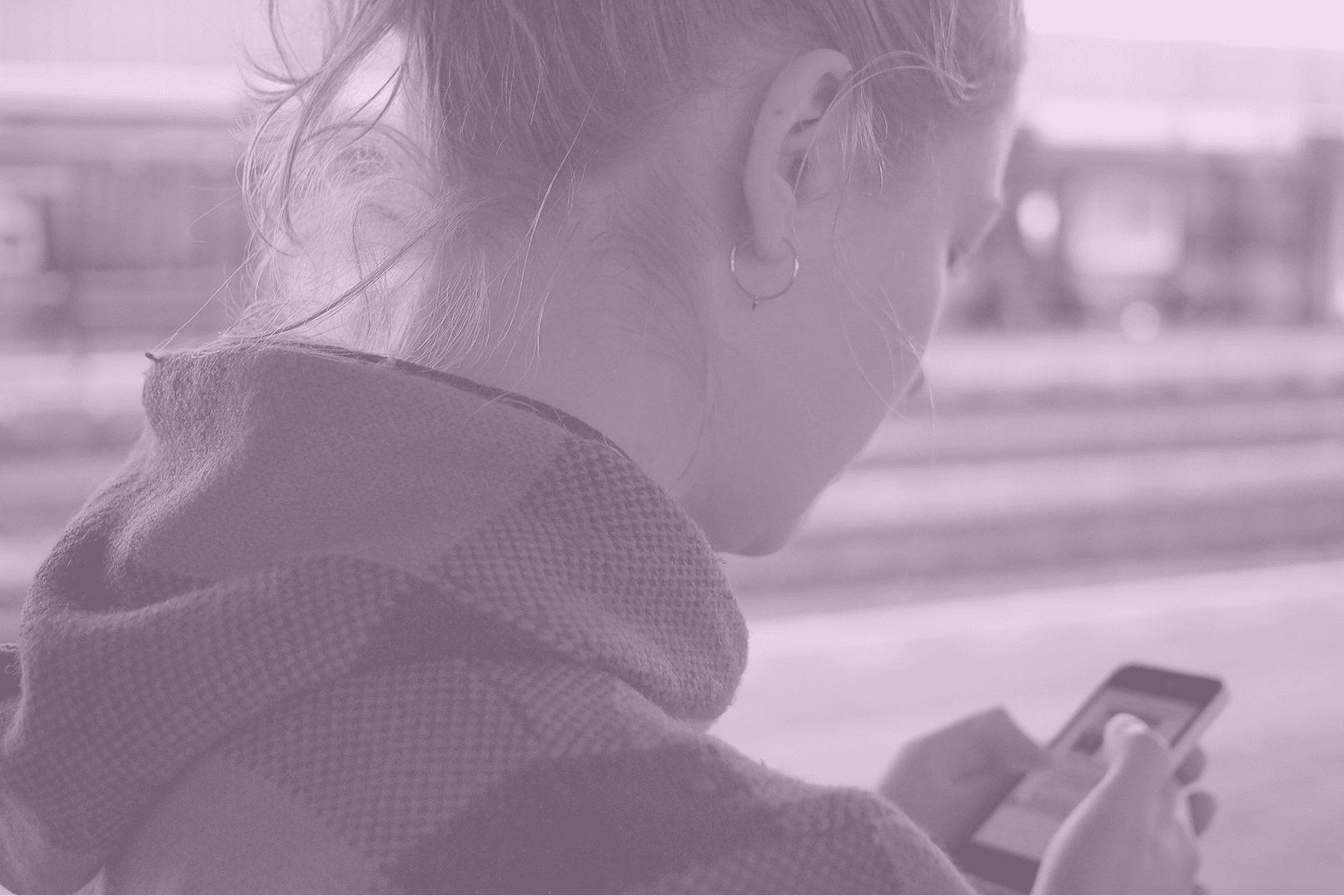You may have heard there’s a new number to call in times of a mental health crisis—simply dial or text 988 if you or someone you care about is feeling suicidal or having a mental health emergency.
The US federal government has invested $400 million into updating the National Suicide Prevention Lifeline, previously 1-800-273-8255, as well as changing the name to the 988 Suicide & Crisis Lifeline. Instead of a clunky 10-digit number that can be hard to remember, 988 is akin to 911, but for emergencies that don’t require police or paramedics. The number operates 24/7 and connects folks to a “national network of over 200 local crisis centers,” according to the lifeline’s website. People seeking support for themselves or loved ones can also now text “988” and the phone number includes a Spanish language option.
As Western society struggles under the increasing burden of poor mental health, services like 988 are essential. According to the nonprofit Mental Health America, the percentage of adults with a mental illness who report unmet needs for treatment has increased every year since 2011, with around 50 million Americans experiencing a mental illness such as depression or anxiety in 2019 alone. The COVID-19 pandemic only made things worse, prompting the US surgeon general to issue a rare public advisory last December, warning of a “devastating mental health crisis” among American teens.
Read: Is Good Therapy Too Inaccessible to POC?
While some experts agree that it’s important the number exists and that it will support many, they also express concern that, in some cases, it may create harm.
“By only contracting with providers that use non-consensual intervention, 988 guts the confidentiality that has long been a core feature of the hotline, while increasing surveillance on the most targeted and vulnerable in our communities,” Yana Calou and Hannah Zeavin wrote in an editorial for Slate. “Not every hotline currently puts its callers at greater risk. Trans Lifeline, BlackLine, Samaritans, DASHR, MH First Oakland, and many others continue the legacy of early crisis care work, as do others.”
Claire Zagorski, a licensed paramedic, program coordinator and harm reduction instructor for the PhARM Program at The University of Texas at Austin College of Pharmacy said she appreciates an alternative to 911, but the fact that police can still be called is concerning to her.
How to Grow Shrooms Bundle
Take Both of Our Courses and Save $90!
“I think that responsible and ethical marketing of this hotline will include the caveat that the police can and will be contacted if the call-taker decides it’s necessary,” Zagorski told DoubleBlind. “Otherwise, people won’t be giving informed consent to share their information with the call-taker.”
She notes the 988 number may not help with drug-related crises either, which are also on the rise, and often overlap with mental health emergencies. Some folks may not call 911 during an overdose, for example, because of the fear of arrest. On the surface, 988 might seem better suited for someone overamping on stimulants or for someone who thinks they might die because they took too much LSD. However, certain privacy concerns and the fact that the police may be called anyway means that folks need to be aware of the risks. (For people needing support on psychedelics, if they are physically safe, the Fireside Project might be a better first call.)
Read: Why More Therapists Need to Learn About Psychedelics—Now
“I feel like phone interventions aren’t well-suited to helping people through unpleasant experiences with substances, but I’d love to be proven wrong,” Zagorski said. “The one exception being the Never Use Alone hotline and similar services, but even then 911 is called only to avoid death, which isn’t really an issue with psychedelics the way it is with opioids.”
Zagorski emphasized some common harm reduction tips for challenging or “bad” trips, such as having trip sitters, being physically present and offering water or reassurance in a quiet, dim and relaxing space. But those things are difficult to offer over the phone.
“In a perfect world, the police wouldn’t arrive to situations only to escalate the anxiety and start shooting at the slightest provocation, but we know that isn’t the case,” Zagorski said. “This risk is many times greater for Black and Indigenous people, Latinx people, and queer, trans, and non-binary people—really anyone who isn’t cis and white. So ignoring this reality would be deeply irresponsible.”
Another concern about the hotline is that it’s simply under-resourced. More than half of the calls and texts the lifeline received in the first half of 2022 went unanswered.
Nonetheless, the improvements made have been significant in recent month, including more responses and shorter wait times. The government, ultimately, plans to direct callers to crisis teams on the ground to reduce the number of mental health cases that are handled by both police and emergency rooms.

DoubleBlind is a trusted resource for news, evidence-based education, and reporting on psychedelics. We work with leading medical professionals, scientific researchers, journalists, mycologists, indigenous stewards, and cultural pioneers. Read about our editorial policy and fact-checking process here.

DoubleBlind Magazine does not encourage or condone any illegal activities, including but not limited to the use of illegal substances. We do not provide mental health, clinical, or medical services. We are not a substitute for medical, psychological, or psychiatric diagnosis, treatment, or advice. If you are in a crisis or if you or any other person may be in danger or experiencing a mental health emergency, immediately call 911 or your local emergency resources. If you are considering suicide, please call 988 to connect with the National Suicide Prevention Lifeline.



